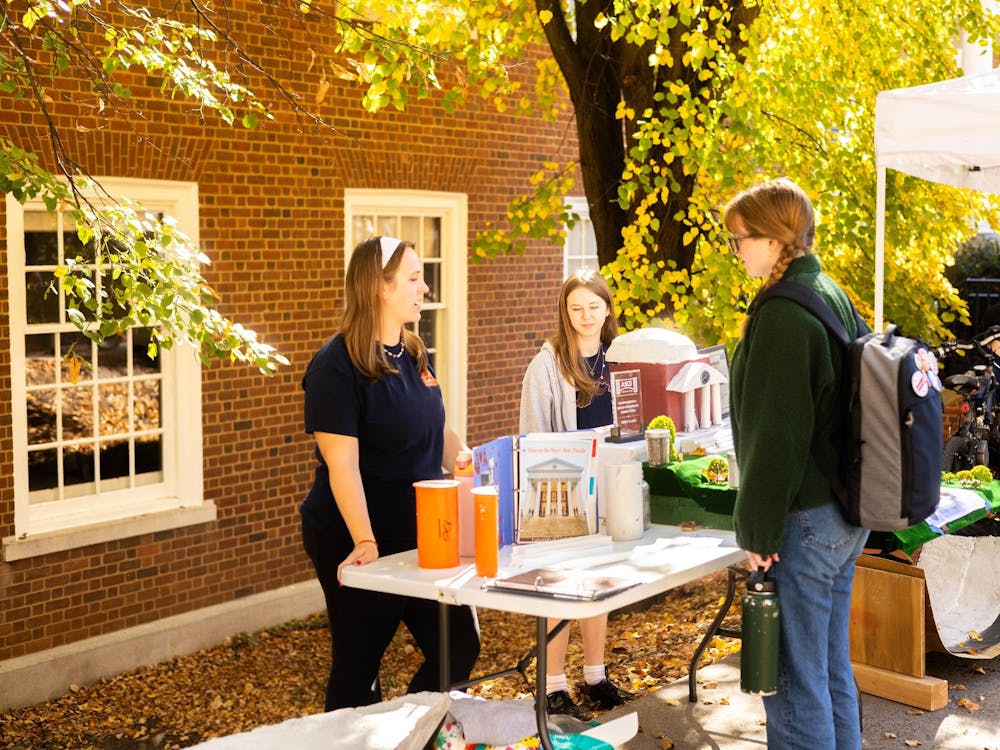The National Academies Press reported Monday that the low proportion of women on science and engineering faculties at academic institutions is a result of unintentional biases and outdated institutional policies.
The report documented several findings, and concluded that women do not lack the innate ability to succeed in science and engineering positions. However, the study reported that "women who are interested in science and engineering careers are lost at every educational transition."
The report found that implicit biases and arbitrary, subjective evaluation criteria contribute to discrimination against women in every field of science and engineering.
The study was sponsored by the Committee on Maximizing Potential of Women in Academic Science and Engineering.
Committee member Lotte Bailyn, a professor of management at the Massachusetts Institute of Technology, said it is extremely important to incorporate the report's findings into the public discourse in order for changes to begin taking place.
"The key issue is to get an inter-university consortium together," she said. "We need to help universities with data collection on these issues, and we need to set up a monitoring procedure."
Like other academic institutions across the country, the University is also trying to increase the number of women on its engineering faculty.
Civil Engineering Prof. Jim Smith said this is definitely not an issue of differences in ability between men and women.
"I think there's a pipeline problem," Smith said. "There are relatively few women students getting Ph.D.s in engineering and the sciences. I think it also has to do with the support system not being strong here at U.Va. and at many universities."
Smith and Bailyn both cited the contributions of intense expectations and social issues to discrimination against women.
"Women have unique problems with having children and coming to faculties at the age of having kids, which can cause them difficulties with their tenure clock," Smith said.
Bailyn also noted the responsibilities of family life.
"Everybody who has a demanding family life is left behind with current expectations," she said. "We need to look at how we can introduce more flexibility into expectations so we don't lose people, and not only women. There are lots of men who are beginning to reconsider university life because they don't have the support at home for this kind of career."
Despite the report's findings, both Smith and Bailyn were confident about the future of women's involvement in engineering and the sciences.
"I'd like to be optimistic that we can improve retention and admission of women and minority faculty," Smith said.




